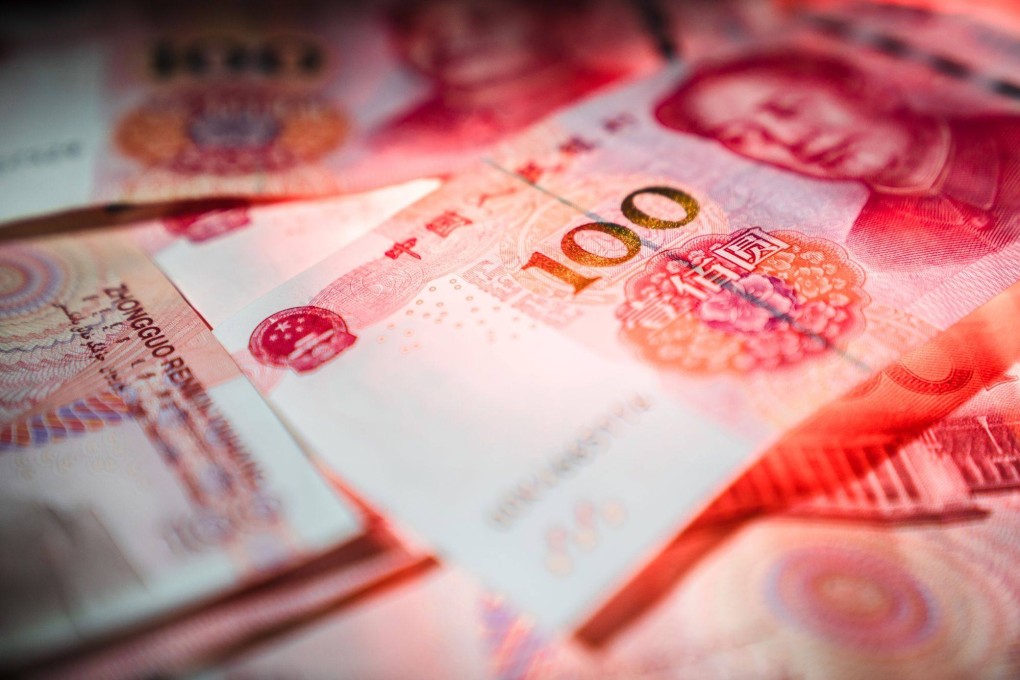Singapore remittance clampdown: innocent funds caught in China’s anti-money-laundering crusade, experts say
- Analysts warn of the complexities in distinguishing clean from ‘dirty’ money in frozen accounts
- Other countries that have had favourable exchange rates with China could also find themselves implicated in Beijing’s crackdown, one expert said

Money transfer or remittance businesses in Singapore can now only use a bank or an operator of a known Chinese card network such as Union Pay to transfer cash to China on behalf of customers.
Cross-border payment experts said innocent money remitters in Singapore were likely caught up in increasingly common money laundering raids by Beijing that freeze Chinese accounts as part of their investigations.
China has been stepping up its crackdown on money laundering activities by criminals such as scammers who use “money mules”, third party individuals or company brokers, to move funds without physical transfers, they said.
Mules, or “smurfs” as they are sometimes called, are used by criminals around the globe to launder ill-gotten money, usually through undetectable small deposits into and transfers out of legitimate bank accounts. But many remittance businesses have also used mules to “transfer” funds.